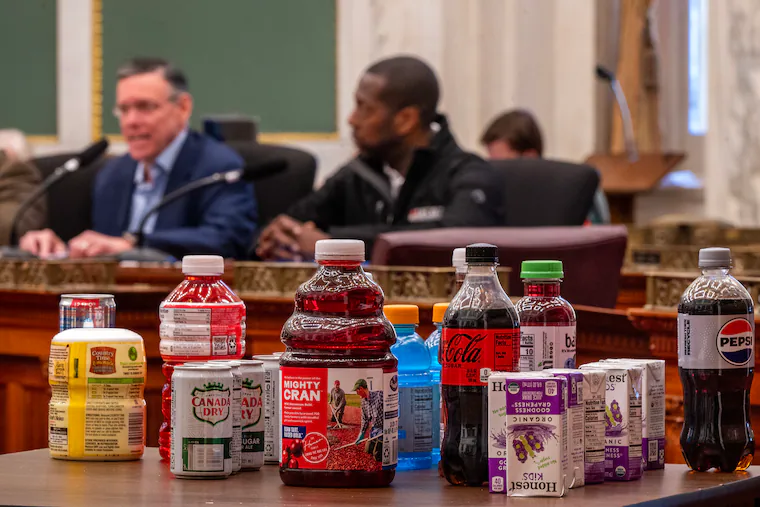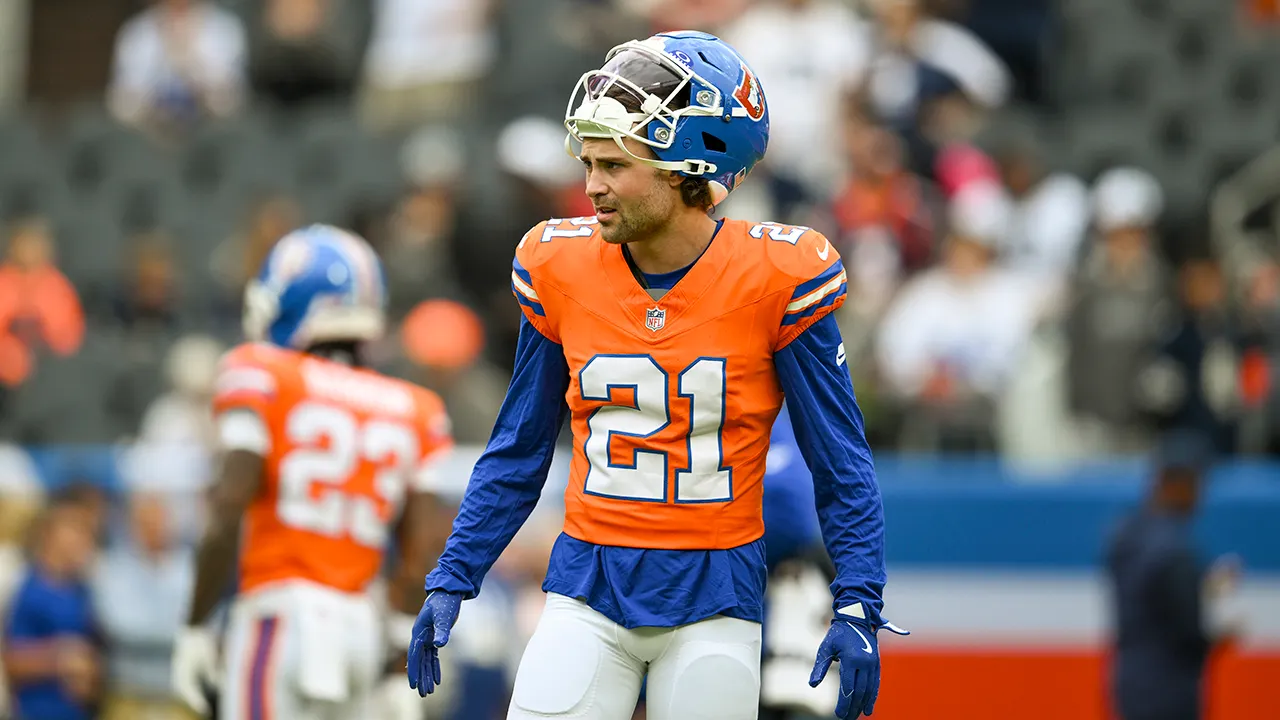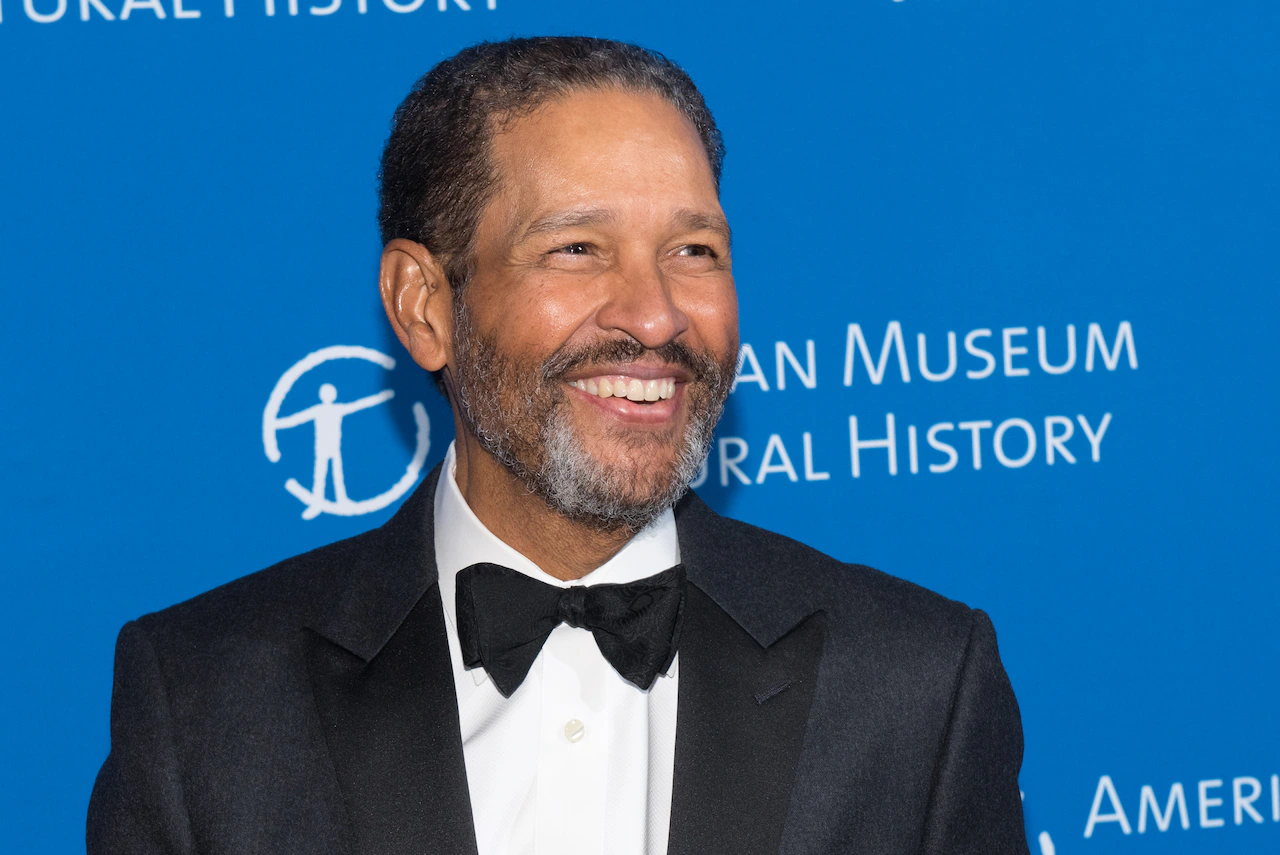Copyright The Philadelphia Inquirer

Last week, City Council held a hearing on the future of the city’s sweetened beverage tax, with some members suggesting it should be reversed. As health policy researchers at the University of Pennsylvania, we have studied this tax since its 2017 debut. The data on its effects are clear: The tax improves residents’ health while generating game-changing revenue for schools, libraries, and construction jobs. Repealing the tax would be a grave mistake that would harm Philadelphia’s children and put a wrecking ball to a host of rebuilding efforts that have helped transform city neighborhoods. Philadelphia is the largest city in the nation with a sweetened beverage tax. We place a 1.5 cents-per-ounce tax on sweetened drinks, leading to an average price increase of about 30%. We’ve had the levy for more than seven years, and it has funded the city’s largest public works program in recent history. Councilmember Jim Harrity has argued that Philadelphia should consider repealing the tax based on claims not well supported by evidence. Harrity asserts that the tax hurts businesses because Philadelphians are buying less soda and other sugary drinks and shopping for groceries in nearby counties without a tax, causing soda companies to lay off workers and supermarkets to close. Philly schoolchildren benefit most from soda tax money First, the tax has created enormous educational and economic opportunities for Philadelphians. As of March 2024, it has generated over $518 million in revenue. About 90% of those funds have gone to public education: the city’s free, quality pre-K program (PHLpreK) and Community Schools, which provide health and social services to children and families through the school system. Nearly 30,000 Philadelphia children have benefited, with most living in historically marginalized neighborhoods. Consider also that PHLpreK partners with hundreds of pre-K providers, many of which are local minority- and women-owned businesses. Perhaps the tax’s most visible impact has been to fund Rebuild, revitalizing city parks, recreation centers, and libraries while supporting a workforce development program for people underrepresented in the design and construction trades. Rebuild has generated nearly $350 million in additional revenue for the city through bonds repaid by tax revenue and philanthropic donations made possible by the tax. The tax has created jobs, not killed them These once-in-a-generation investments are changing residents’ lives by creating union jobs and building safe, clean, fun places for kids to learn and play. Thanks to Rebuild, the Ziehler Playground in Olney got its first upgrade in over 40 years, complete with an award-winning playground, pool, sports fields, basketball courts, boxing gym, and community center. There is no evidence of job loss in industries affected by the tax. We studied unemployment claim filings in Philadelphia compared with those in other untaxed Pennsylvania counties one year before and after the tax. We saw no change in unemployment claims overall or in industries affected by the tax, such as supermarkets and soda companies. University of Illinois at Chicago researchers reached similar conclusions: Philadelphia employment counts were not lower than a comparison group two and a half years after the tax. There is no evidence of job loss in industries affected by the tax. The tax has improved residents’ health, our work shows. We found the tax was associated with a 35% reduction in taxed beverage sales at major chain food retailers in Philadelphia when compared with similar retailers in Baltimore. That drop persisted for two years (the period for which we had data), even after accounting for some people shopping outside the city. The tax also reduced soda intake among adolescents and was linked to reductions in cavities among children and adults on Medicaid, based on electronic dental record data. Similarly, we observed that the tax came with reductions in obesity among adults, though we did not observe changes among children. Studies from seven other U.S. cities with sweetened beverage taxes also show improvements in health, including reductions in obesity and gestational diabetes. Soda taxes are getting more attention across the nation By even suggesting a repeal of the tax, Councilmember Harrity is behind the times. Beverage taxes already exist in more than 103 countries. Berkeley, Calif., voted to renew its tax, and a new tax passed in Santa Cruz, Calif., joining existing taxes in cities like Seattle and San Francisco. And officials are considering new tax proposals in places like Boston, Connecticut, and Hawaii to offset federal funding cuts in areas including education, healthcare, and food assistance. Our tax continues to generate revenue for higher-quality education, local employment, and more inviting community spaces. It has done this all while reducing the intake of drinks that make us sick. That helps explain why Mayor Cherelle L. Parker backed the tax in her campaign. Council President Kenyatta Johnson voted for the tax and has said he will not support its repeal. Other Council members should do the same.



